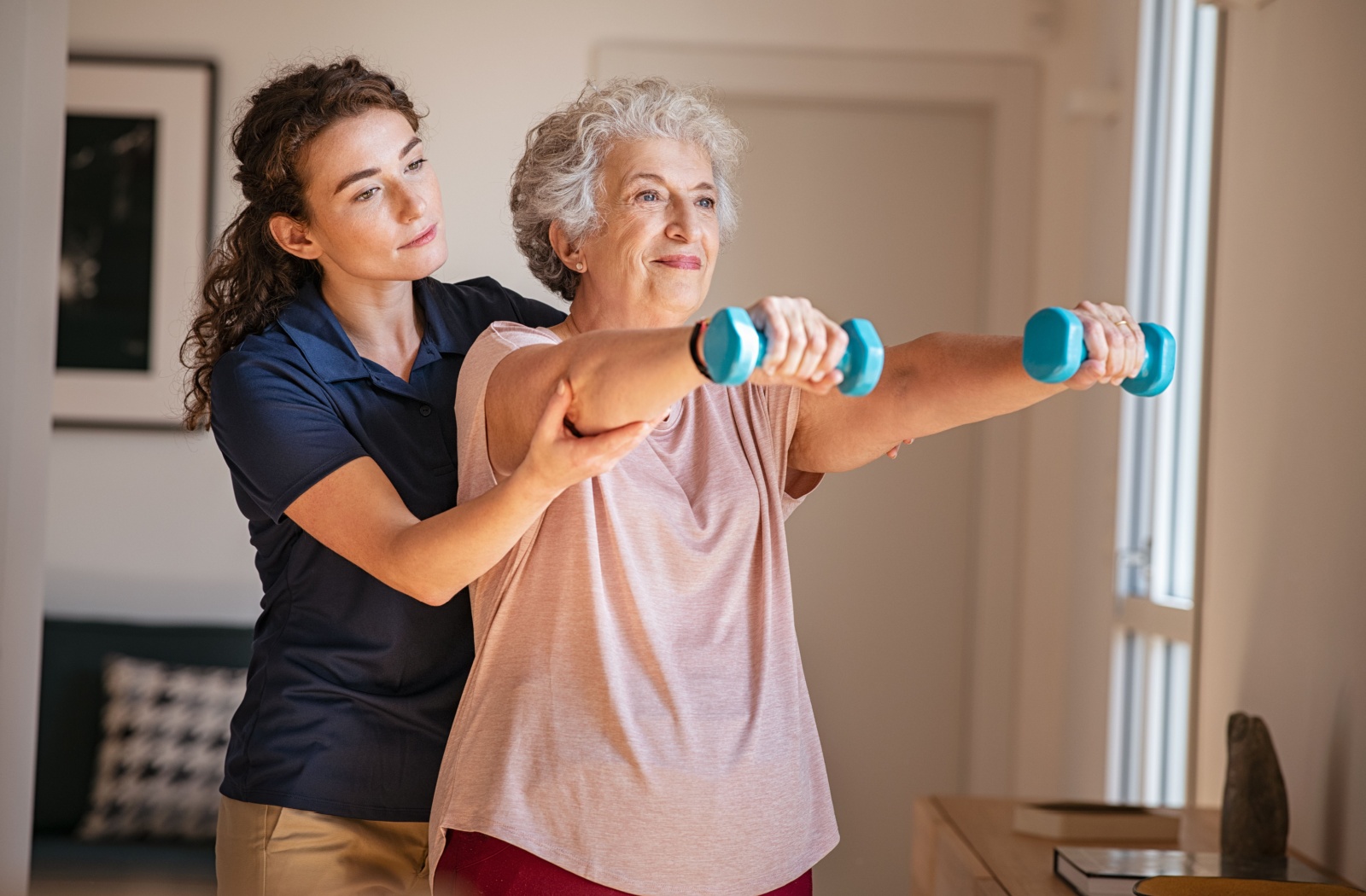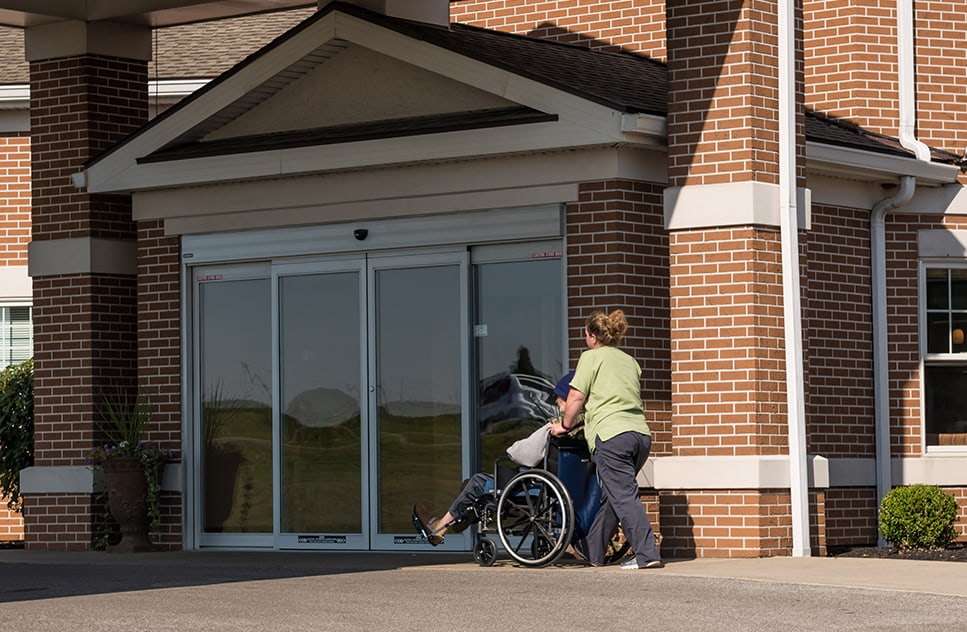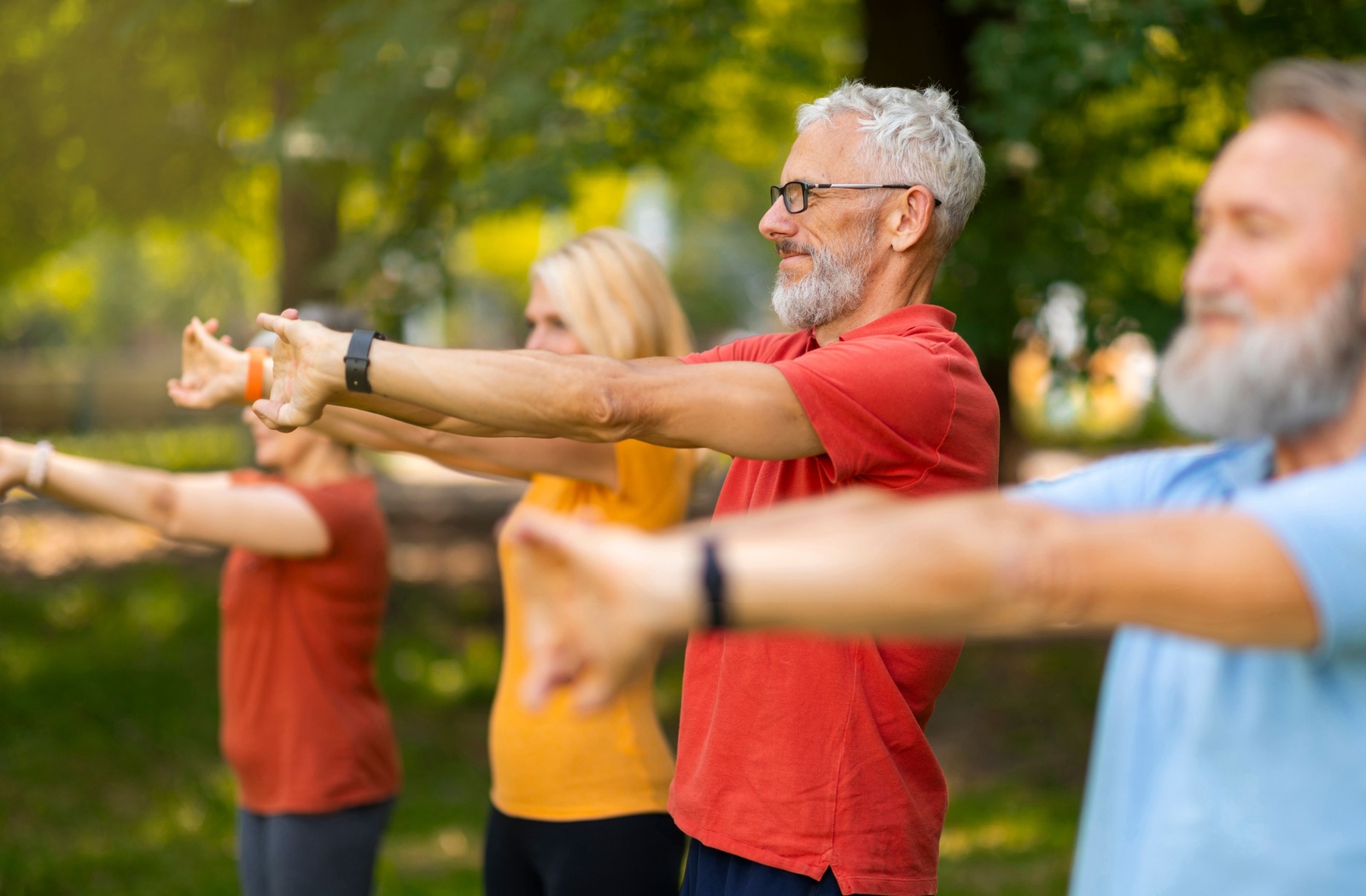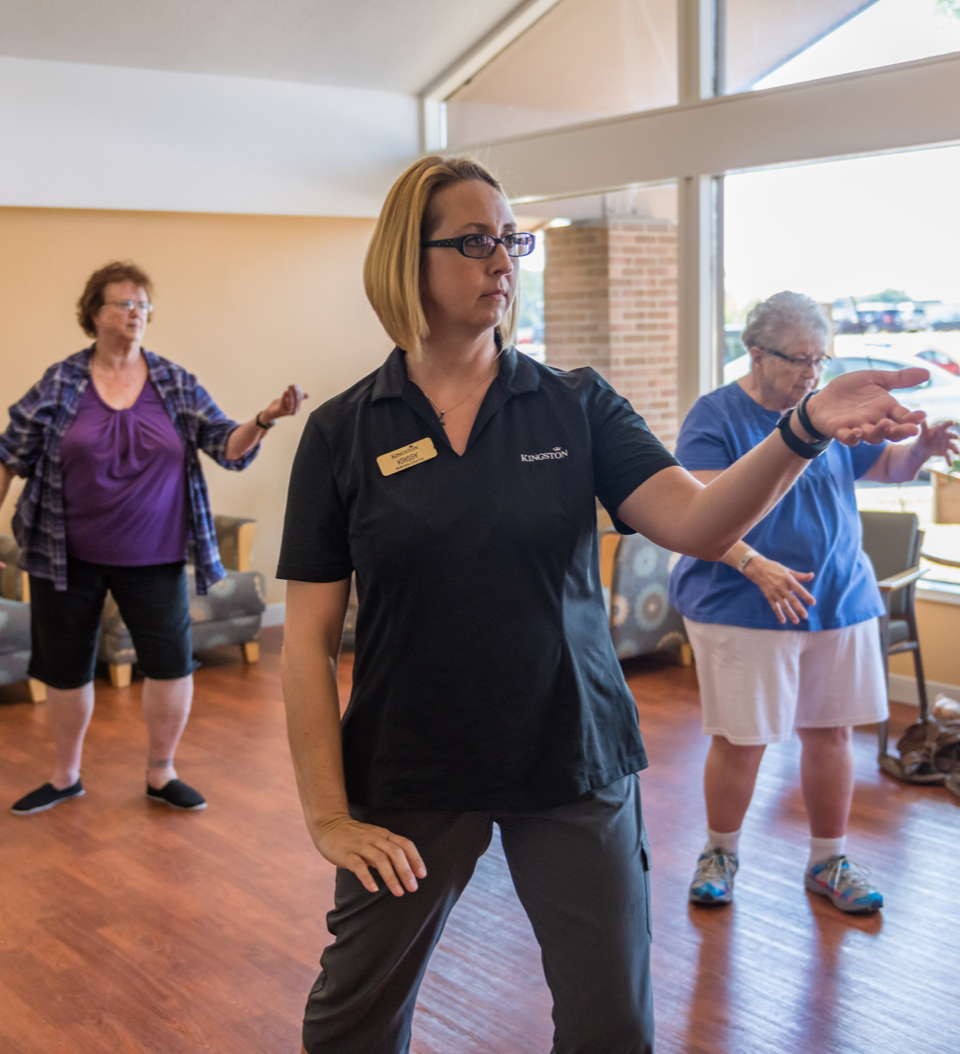An active lifestyle is vital to our health and wellness, especially as we age. Regular physical activity offers numerous benefits to seniors, helping them stay healthy, mobile, and independent. But, too much exercise for seniors can lead to injuries and health complications, so it’s essential for seniors to listen to their bodies and slow down if needed.
Safety and well-being should always be at the forefront of any fitness regime. You should consult your doctor before beginning any new workout plan, whether simple stretching or more strenuous strength-building exercise. They consider your current health and history when recommending the type of exercise you do.
Why Is Physical Activity Essential for Older Adults?
As we age, our bodies naturally undergo several changes, including a decline in muscle mass, a condition known as sarcopenia. Seniors can lose up to 8% of their muscle mass every decade after age 30.
Additionally, balance and mobility issues become more common in older adults, increasing their risk of falls and accidents. Regular exercise helps mitigate these increased risks—it helps train muscles, maintain strength, and improve balance, lowering fall risks and improving overall wellness. Regular exercise can also fend off various health issues.
How Much Exercise Is Recommended for Seniors?
The exercise guidelines outlined by the CDC for seniors include:
- At least 150 minutes of light-intensity exercises or 75 minutes of moderately high-intensity exercises weekly
- Strength-training exercises a minimum of 2 times a week to build or maintain muscle mass
- Balance training exercises at least twice a week to enhance stability.
A balanced exercise routine should incorporate a mix of these elements, spread evenly throughout the week. Consistency and diversity in workouts are key to fortifying all body systems.
The Dangers of Overexertion
While regular physical activity has many benefits, safety must be the priority. Overexerting yourself can lead to problems such as injuries, fatigue, lowered immune function, joint inflammation, and muscle strains.
It may seem counterintuitive, but more doesn’t equal better results when it comes to exercise. Whether you’re young or old, the key to any exercise is the small, consistent things you can sustain in the long term.
For example, going for a daily 15-minute walk will ultimately be far better for your body than going for a few jogs and injuring your knee because your body wasn’t ready for that activity. The knee injury could prevent you from even being able to go for walks for a while.
Guidelines for Starting a New Exercise Regimen
If you’re planning to kickstart a new exercise program, remember these points:
- Consult a healthcare provider before beginning any new workout regimen
- Start slow and gradually increase the intensity and duration
- Include a mix of aerobic, strength, and balance workouts
- Stay hydrated and take breaks as needed to avoid overtraining
- Listen to your body and adjust activities based on comfort levels
- Pain or significant discomfort should always be taken as a sign to slow down
Remember, you can tailor most exercises to your fitness and conditioning level. If you’re unsure where to begin or if you have previous injuries to work around, it could be beneficial to work with a physical therapist or a personal trainer experienced in building programs for older adults.

Low-Impact Exercises for Seniors
For many older adults, low-impact exercises will be an ideal place to start. Some excellent exercise choices include:
- Walking: Fitness centers typically have treadmills to make this an indoor activity, but it’s also a great idea to get outdoors and benefit from the sunshine if possible.
- Cycling: Cycling is an excellent cardiovascular workout with very little strain on joints, and if balance is an issue, consider a stationary bike.
- Water aerobics: Many swimming pools offer aerobics classes tailored for seniors or those with mobility issues.
Strength Training Exercises for Seniors
Strength training doesn’t necessarily require heavy weights. Simple exercises like resistance band workouts, bodyweight squats, or wall push-ups can significantly enhance muscle strength and day-to-day functionality.
Proper form and controlled movements are crucial to minimizing injury risks. There are plenty of tutorials on YouTube to ensure you’re using the correct form for any given exercise.
Balance Enhancing Exercises for Seniors
Balance exercises like heel-to-toe walking, single-leg stands, Tai Chi, or yoga can significantly improve mobility, coordination, and the strength of muscles required for maintaining an upright posture. These types of exercises are almost always scalable to any fitness level.
Healthy Aging Starts with You
At Kingston of Ashland, we understand the importance of regular physical activity for overall wellness and provide holistic care that incorporates this into daily life. Our community offers wellness classes, group excursions, and fitness classes—all meant to encourage an active and engaged lifestyle among residents.
If you’re looking for a community to support your health and happiness in retirement, give our team a call today and schedule a tour with us. Come see the community for yourself!






